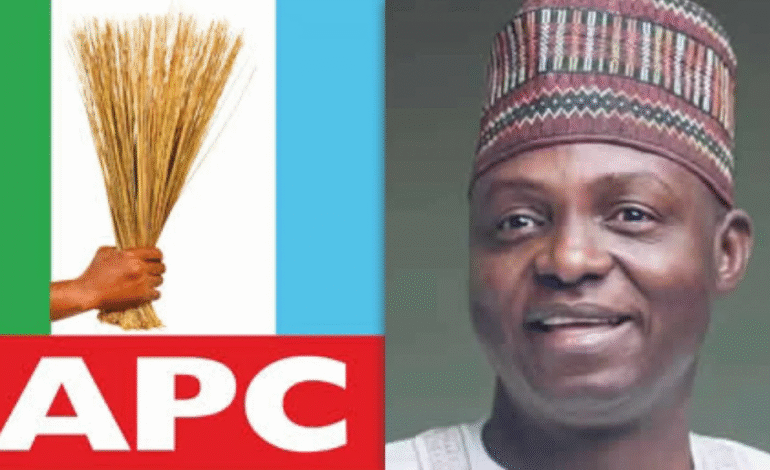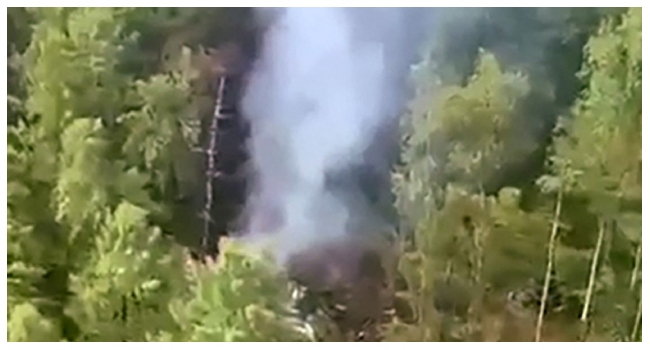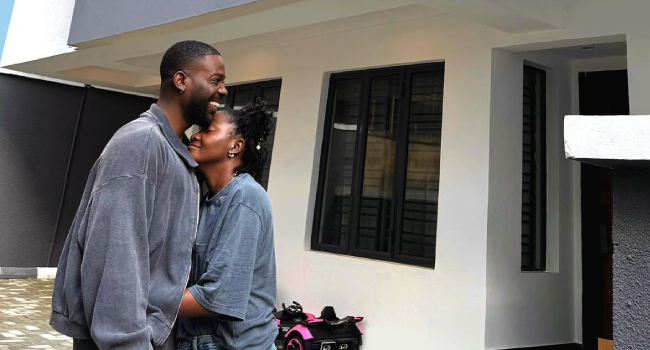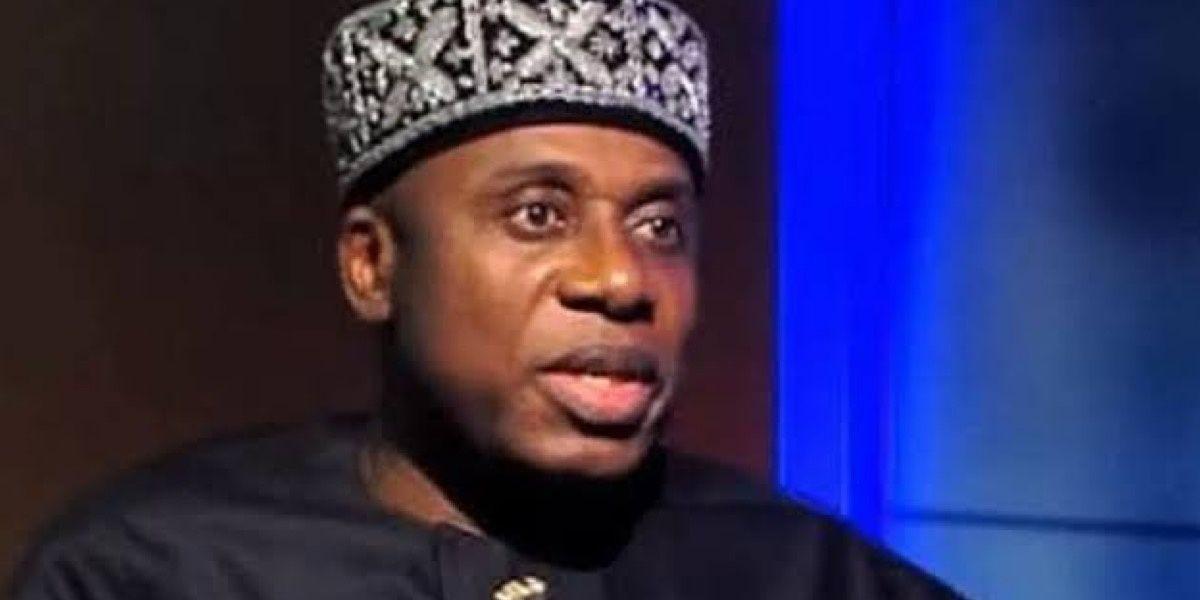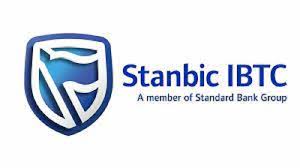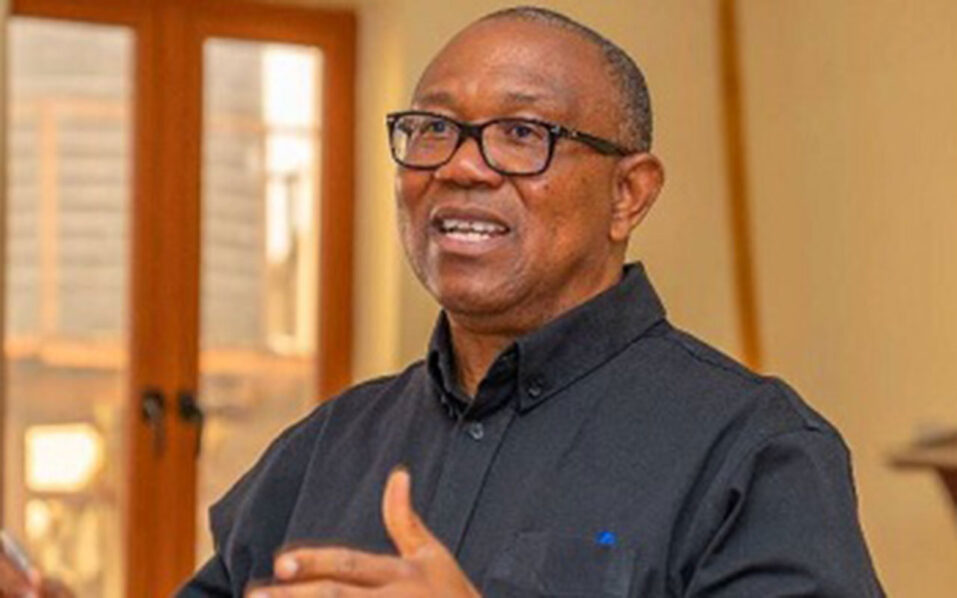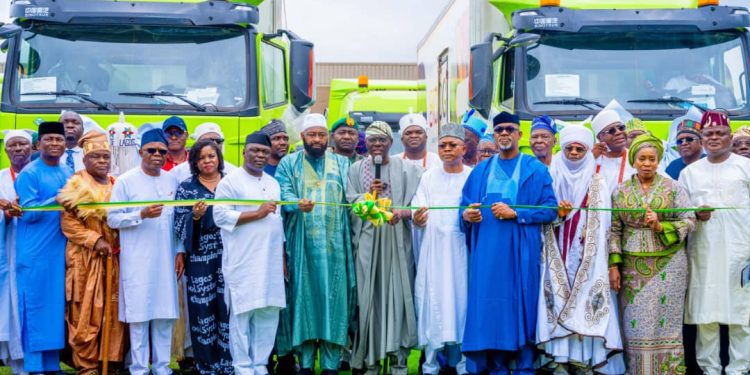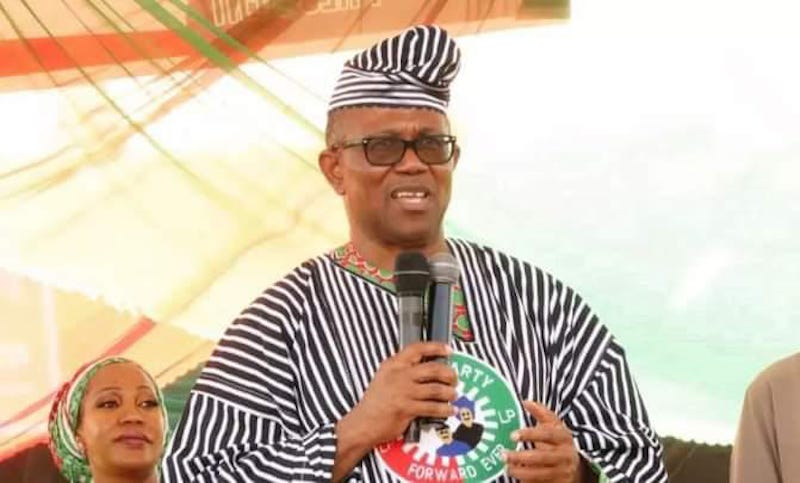Labour Party’s 2023 presidential candidate, Peter Obi, has retracted his earlier statement regarding the alleged collapse of Nigeria’s national grid. The reversal followed a wave of criticism after Obi initially attributed recent power outages in parts of Lagos to a grid collapse.
In a post on X (formerly Twitter) on Saturday, Obi lamented the frequent grid collapses, stating that the national grid had failed 12 times in 2024 alone. He further criticized the government for borrowing over $3.23 billion in the past four years to address electricity challenges, yet failing to resolve the recurrent disruptions.
However, Obi’s comments sparked backlash, with many Nigerians accusing him of failing to verify the information before reacting.
In a subsequent post, Obi clarified his position, stating that his earlier remarks were based on reports from reputable media outlets. He acknowledged that the Transmission Company of Nigeria (TCN) had since debunked claims of a grid collapse, explaining that the outages were caused by the tripping of the Osogbo-Ihovbor and Benin-Omotosho power lines, which affected the Lagos area.
“Following my earlier message regarding the alleged collapse of the National Grid, which was based on reports from reputable media platforms, I have since learned that there was no such collapse. Instead, the incident involved the tripping of the Osogbo-Ihovbor and Benin-Omotosho lines,” Obi said.
He commended the TCN for its prompt clarification and reiterated the need for urgent reforms in Nigeria’s power sector.
“I sincerely hope we will prioritize enhancing our infrastructure in the power sector and remain committed to improving power generation to meet the growing needs of over 200 million Nigerians,” he added.
Earlier, the TCN had issued a statement clarifying the situation, emphasizing that the claims of a grid collapse were false. The outages, they explained, were due to technical line trips and not a systemic grid failure.
Obi’s retraction has since sparked discussions about the importance of fact-checking in public discourse, especially among prominent figures. Many Nigerians have called for more accountability and transparency in addressing the nation’s power challenges.

